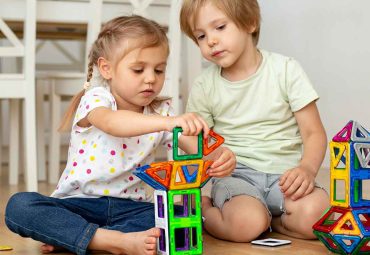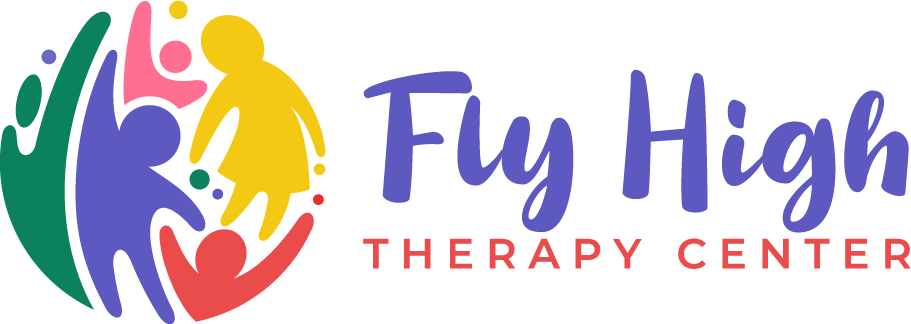Autism & Behavioral Services
Expressive language therapy is a specialized approach aimed at helping children develop their ability to express thoughts, ideas, and feelings through spoken or written words. This therapy focuses on improving a child’s vocabulary, sentence structure, and overall ability to communicate effectively with others.
The process includes targeted exercises, interactive activities, and real-life applications designed to enhance a child’s expressive language skills. Expressive language therapy is essential for addressing any delays or difficulties in communication, ensuring that children can articulate their needs and engage meaningfully in social and academic settings.
- Improves a child's ability to express thoughts, ideas, and emotions through words
- Focuses on improving vocabulary, sentence structure, and overall communication skills
- Involves targeted exercises and activities that support language development in real-life contexts
- Supports children in overcoming expressive language delays, ensuring effective communication in social and academic environments


Our Specialized Therapy Approach
At our clinic, we provide a personalized and evidence-based approach to expressive language therapy, customized to meet the unique needs of each child. Our therapy sessions are designed to help children improve their ability to express themselves clearly and effectively. We begin with a thorough assessment to identify any challenges in vocabulary use, sentence formation, and overall communication abilities. From there, we develop a customized therapy plan that incorporates engaging activities, interactive exercises, and practical applications to enhance expressive language skills.
Our experienced therapists are committed to creating a supportive and encouraging environment, where children can build the confidence they need to communicate their thoughts, ideas, and emotions successfully
If your child has difficulty putting sentences together, struggles to find the right words, or is unable to express their thoughts clearly, they may benefit from expressive language therapy.
Our therapists use a variety of techniques, including vocabulary-building exercises, sentence structure practice, storytelling, and interactive games, to help children improve their expressive language skills in a fun and engaging way
The time it takes to see progress varies depending on the child’s individual needs and the frequency of therapy sessions. Many children begin to show improvements in their expressive language skills within a few weeks to a few months of consistent therapy.
Yes, parents can play an important role in supporting their child’s expressive language development. We provide guidance and strategies for at-home practice, including engaging in conversations, reading together, and encouraging your child to express their thoughts and ideas regularly.

